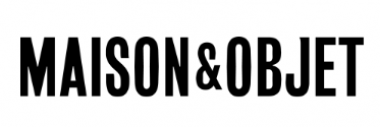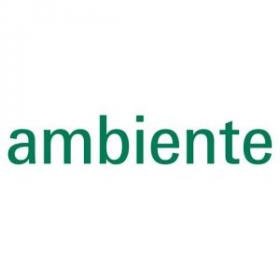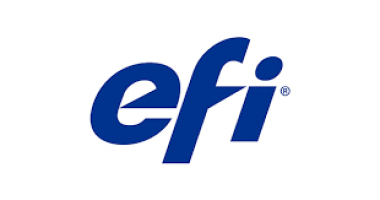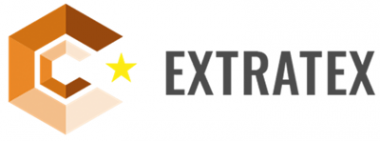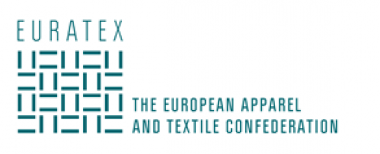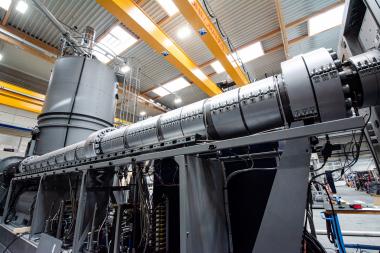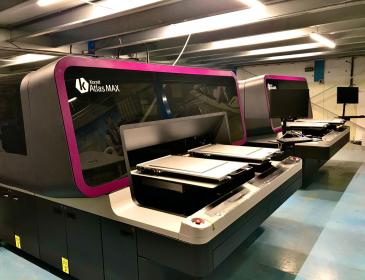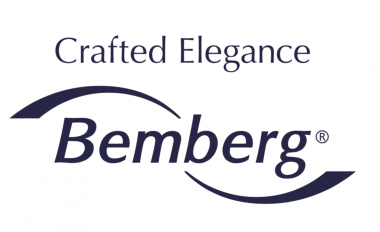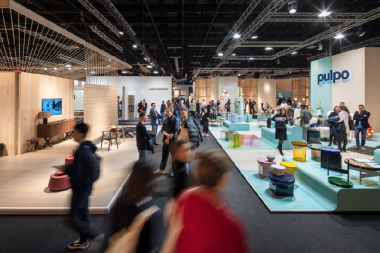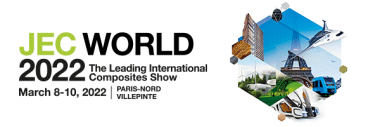Maison & Objet Paris postponed from January to March 2022
Since few days, most countries have been facing a new wave of Covid, reinforced by the rapid expansion of the Omicron variant. Impacted by this surge, many companies among the 1,700 companies that have confirmed they will attend M&O in January at the Parc des Expositions of Paris-Nord Villepinte, indicate that they don’t want their employees to take risks and are now alerting to the disruptions they are experiencing in their operations. The obligations of compliance with isolation rules, even when people are vaccinated, and the numerous work absences are in fact starting to seriously disrupt the functioning of their services, supply or production circuits.
Moreover, facing the peak of contamination, several countries are currently taking restrictive measures regarding international travel. Measures which are now delaying or discouraging visitors from confirming their attendance. In addition, the French government has announced, December 27th 2021 a 2.000 people gauge for major events, so probably fairs such as Maison&Objet Paris.
Under these circumstances, seeking to avoid a risky situation and committed to making all efforts to ensure an optimal return on investment for exhibitors, buyers and specifiers, the SAFI decides to postpone the next session of the Maison&Objet trade event from 24th to 28th March 2022. Period for which we hope to see an improvement in the situation.
Exhibitors who have already confirmed their registration and location may have the same location conditions, which will allow them to keep the same stand showcase. Likewise, visitors who have already ordered their badges for the January edition will of course have access to the show from March 24th to 28th, 2022.
With an opening scheduled for the day before, Maison&Objet In The City, an event organised on the sidelines of the Maison&Objet fair and offering a journey of discoveries in the heart of Parisian showrooms, will be held from 23 to 28 March 2022.
By postponing the fair until the end of Q1, SAFI wishes to bring together the best operational and healthy conditions to allow actors in the art of living, decoration, and design to be inspired, to accelerate their development and to forge new business relationships
In summary: the next editions of the Maison&Objet fairs will therefore be: March 24th - 28th, 2022 + September 8th - 12th, 2022
S2H Communication


